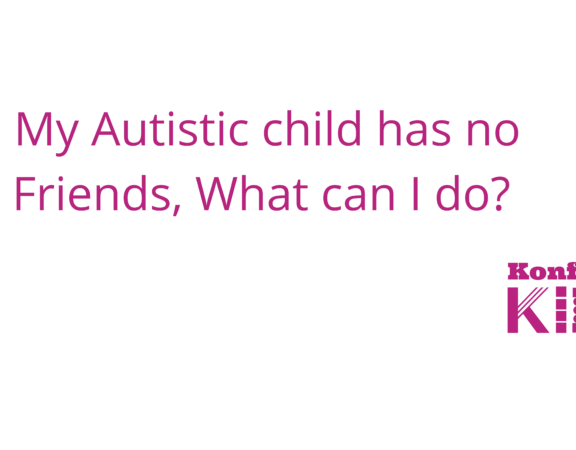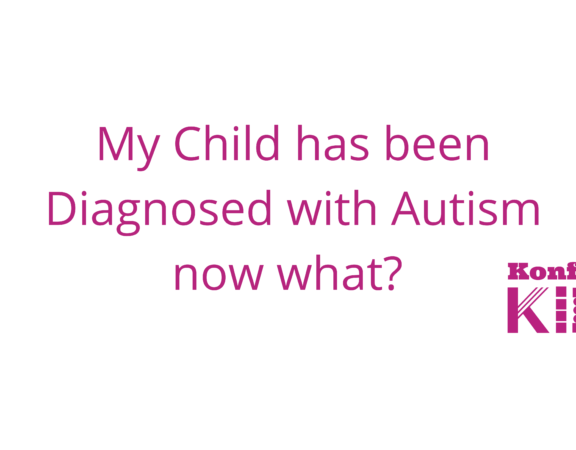So, what is people pleasing?
Simply put, people pleasing is putting someone else’s needs ahead of your own. Now, of course part of being human and co-existing with others means that we all do this from time to time. We don’t all get to do exactly as we please all of the time but when we please others all of the time that is where the problems lie.
Why do Autistic kids please people?
There are several reasons for this. Underneath people pleasing behaviour is a fear of being dismissed, a fear of not being accepted or treated well. We also put the needs of others ahead of our own when we have been taught either deliberately or inadvertently.
Autistic kids can be taught directly to please others and to put the needs of others ahead of their own through social skills training. Many, if not all social skills programs train Autistic kids to think about what other people think and what other people need. These programs literally teach an Autistic child that their own needs are not as important as those of others and that they should always put the needs and comfort of others first. And no-one is teaching their non-autistic peers to put the needs of their Autistic classmates ahead of their own!
Autistic kids can also be taught to please others in less deliberate ways and it can happen over time. It is often a response to being criticised for being “too blunt”, “not caring about others” (when we very much do), “not listening”, “not paying attention”, “not seeing someone else’s point of view”, “not sitting right”, “not eating right”, “not engaging right”, “not playing like everyone else”, “not interrupting”, “not sitting still”, “not making eye- contact”. We could summarise all of this into a response to “not being what someone else wants you to be”.
Just like other human beings, our need to be accepted and to belong are very strong. We need other people and to be part of the group so that we can survive. But society tells us early on that we will only belong if we hide who we are, not display our Autisticity and do what is expected or “appropriate”. Who has decided what is “appropriate”? Well it has been people in power and those who advertise to us. Other people tend to go along with this rather than deciding these values for themselves.
And so we learn that to belong we must assimilate. I use the word assimilate here because that is what we’re doing, not conforming.
And so we hide who we are, we hide our pain at sensory overwhelm, we hide our confusion in social situations, we hide our needs and learn to think of what others want and need. We hide our creativity, our wandering minds, our thoughtfulness about things others do not even notice. We hide our natural responses, our sense of humour, our pain of rejection and everything else that makes us who we are.
We try to become what others want us to be. The problem with this “masking” is that we can never please everyone and everyone will want different things from us. So we can’t just create one version of us, there must be a version for everyone we meet. We analyse situations and outcomes at great speed and at great expense to ourselves and our mental and emotional wellbeing. We strive to be the perfect version of who we should be for everyone we come across in our lives.
People pleasing on this scale is a response to the trauma of being rejected and criticised over and over again for just trying to be ourselves.
What does an Autistic child sacrifice when they please others all of the time?
When we put the needs of others ahead of our own then that means that our needs are never met. It means we sacrifice ever being our true selves. It means that we sacrifice making real connections because everything is such an act and an effort when we are around people who we cannot be ourselves with.
When we put other people’s need first then we sacrifice happiness. We sacrifice living our own lives and we live our lives through others. When our friends are happy then we are happy.
What does people pleasing look like in Autistic kids?
Here’s what we might see on the outside:
- Copying others instead of listening to themselves
- Letting others make decisions for them
- Never voicing their own concerns for fear of being left out
- Hiding their interests
- Hiding their natural way of communicating
- Pretending they’re fine when they are far from it
- Offering to help others, a lot, often at their own expense with very little in return
- Not offering their opinion, gaging the opinions of others and copying what they say
- Answering “I don’t mind” instead of saying their preference, needs or wants
- Doing things that other people want them to do even though they really don’t want to
- Taking on other people’s problems
- Not saying no when they need to
- Always afraid of getting into trouble
- Hiding their stims
- Afraid of conflict so do their best to avoid it even if that means going against their own beliefs or taking the blame themselves.
- Constantly trying to reach perfection
- Being frustrated when they don’t reach perfection from their own perspective.
- Become victims of bullying
- Using humour as a way to cover their anxiety (being the class clown).
- Develop a need for control so that they can pre-empt situations and avoid displeasing others
- Doing everything for themselves and refusing help from others. Often unable to ask others for help. In the people-pleasing child’s mind asking for help may be perceived as a sign of weakness by others.
Internally, here is what is often going on:
- In-depth analysis of situations which others quickly forget about
- Fear and anxiety over new situations
- Constant negative inner voice telling them how bad, stupid, useless, awful (insert any other negative word here) they are.
- Constant thoughts about how everyone else is better than them (after all, this is what the world has taught them by insisting they meet the needs of others and not their own).
- Deep shame when they perceive themselves to have done something wrong
- Deep shame and berating themselves when they feel they have left someone down.
- Feeling shame for stimming (meeting their own needs)
- Often berating themselves for not being “perfect” or for doing something perfectly.
- Replaying events to see how they could’ve done better
- Guilt over doing the wrong thing
- Feeling selfish if they do manage to put their own needs first
- Negative mind-reading where they imagine everyone thinks they are bad or doing bad things
- Believing that negative inner monologue over complements from people in their lives
- Loss of concentration
- Zoning out in social situations so they can pick up instinctively on the emotions in the room
- Feeling the pain of social rejection
The constant stress of pleasing others takes it toll. Autistic kids often overextend themselves to meet the needs of others by always saying yes so they don’t let someone down or displease them. They do this out of fear of being rejected or criticised. They do this to feel safe, part of the group, that they belong. All of this can eventually lead to burnout.
It also means that they carry these people pleasing behaviours into new friendships and relationships. After all, this is how they survive and other people like it when they meet their needs. This is what they think a relationship is.
And so Autistic kids can be easily taken advantage of.
After constant criticism and rejection they can be so desperate for friendship that they can enter into unhealthy relationships. Unhealthy relationships are basically where one person meets the needs of the other, with nothing or very little in return and where one person holds all the power.
Constantly pleasing others can mean that a child may not have a strong sense of who they are and so they are easily lead in friendships. They will do what the other person wants them to do.
Other responses can then develop like a need to justify themselves, respond to criticisms which aren’t true and have nothing really to do with them. Those issues lie with the other person but when we people-please we don’t have healthy boundaries and so often we don’t recognise what is ours and what belongs to someone else. We can take on everyone else’s issues and make them our own.
The saddest part of all of this is that Autistic kids do all of this and still end up being rejected and criticised. They are often regarded as passive passengers in their own little lives. With so many offering “approaches” to help them engage and interact they grow up believing that they are the problem. Who is teaching “approaches” to help everyone else “engage” and accept the Autistic child?
As humans we are motivated by fear and a need to feel safe. This is just one example of the lengths an Autistic child will go to in order to feel safe. The solution is to create a world where Autistic kids feel safe, valued and welcome. We need to create an environment where they are understood and appreciated rather than seen as a problem.
Autistic kids go to unreasonable lengths in order to please others and to feel like they belong but wouldn’t it be much healthier for us all if they were welcomed and had a sense of belonging just for being who they innately are.
The importance of safe spaces for Autistic kids cannot be highlighted enough. Autistic kids need other Autistic kids as well as understanding and being treated like equals by everyone around them. We know what the results of being rejected and criticised are. Autistic adults can attest to that. So why don’t we start trying something new, something better, something that will benefit not just Autistic kids, but all of us.
And just imagine what Autistic lives could be like if we didn’t have to dedicate (waste) so much of our energy on pleasing people.



